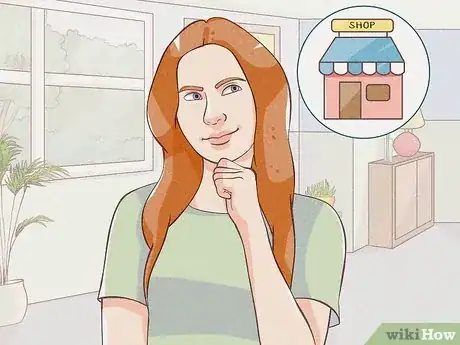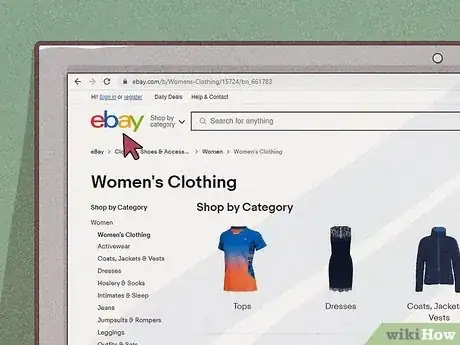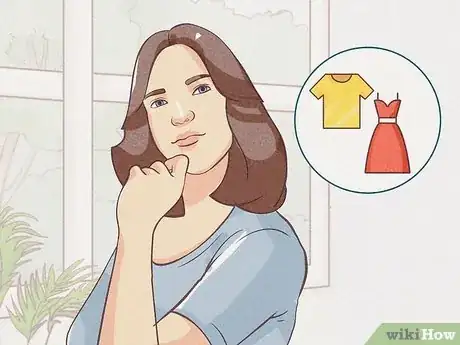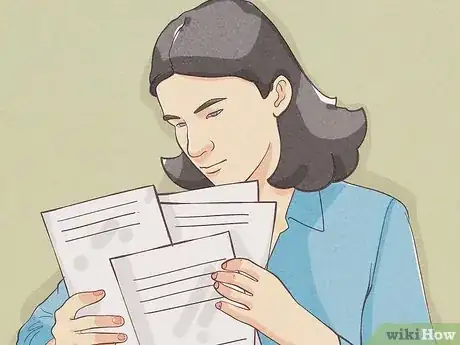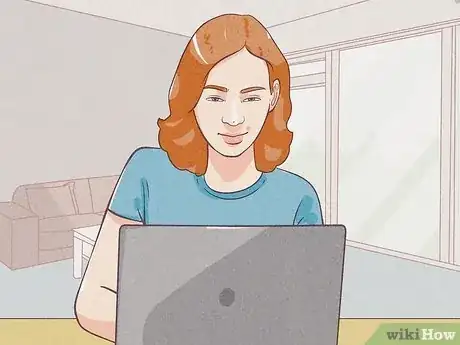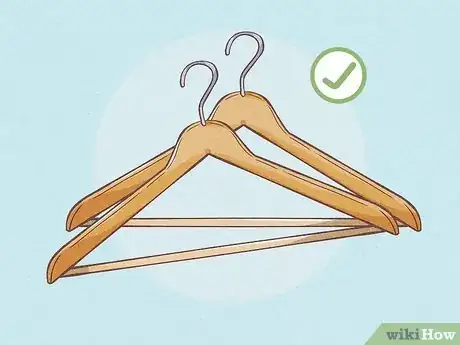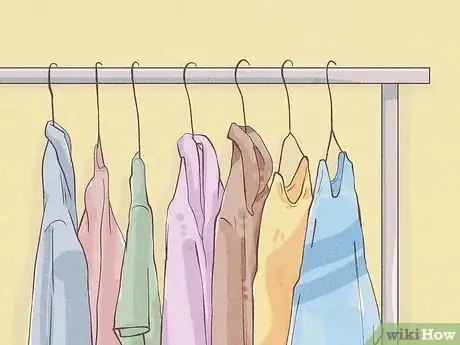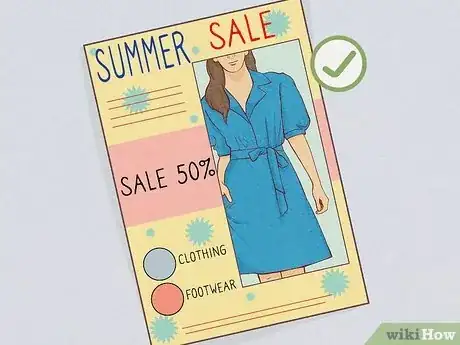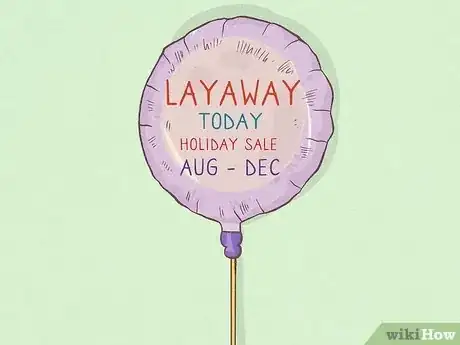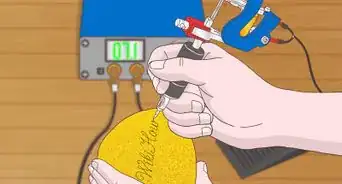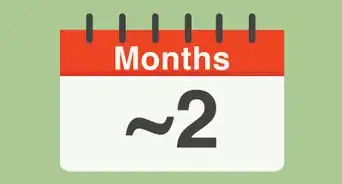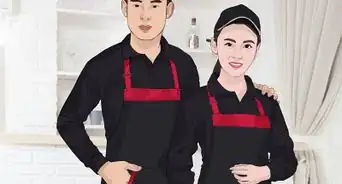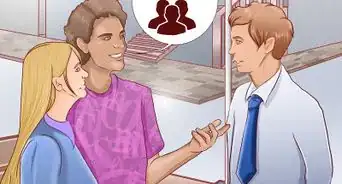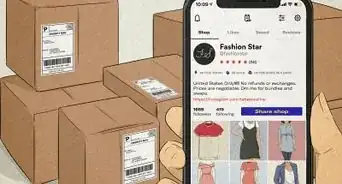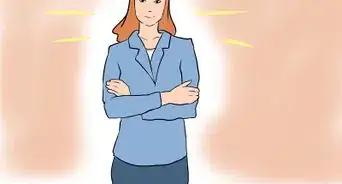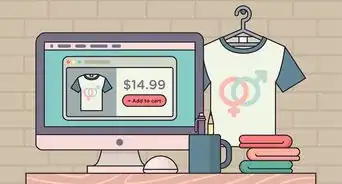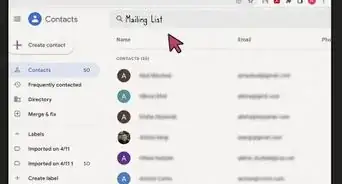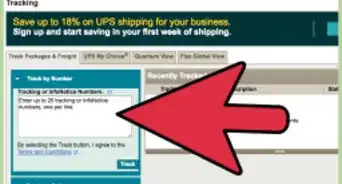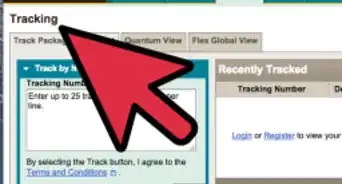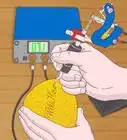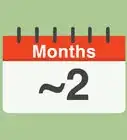This article was co-authored by Art Lewin. Art Lewin is an Entrepreneur based in Los Angeles, California. He specializes in business, sales, marketing, and real estate investing. Art is the CEO and Founder of four companies based in Los Angeles: Art Lewin Bespoke, Healthy Choice Labs, SFR Properties, and Professional Business Network (PBN). Art is known globally for his exclusive custom-made and ready-to-wear business wear designs. Some of his notable clients include royal family members, politicians, and Hollywood stars including Hugh Hefner, Sylvester Stallone, Johnny Carson, Steve Allen, and William Shatner.
There are 10 references cited in this article, which can be found at the bottom of the page.
This article has been viewed 101,741 times.
Selling clothes through a resale or consignment shop can be a great choice for someone who enjoys fashion, merchandising and sales. The market for used clothes and other items is strong and is a good income producer even in rough economic times. There are a lot of different ways to pursue this business; learn how to start a used clothing store to explore your options.
Steps
-
1
-
2Decide how you will get used clothes.[3] Start a consignment shop, or buy them yourself. With a consignment shop, people bring you their used clothes. You should have policies about the type of clothing you accept and the condition of the material. When the clothing sells, the owner gets most of the profit, and you keep a percentage. If you choose to buy clothing yourself, find it at yard and estate sales, eBay, online overstock stores and thrift shops. Advertise to have people bring you clothing that you will buy.[4]Advertisement
-
3Determine who your target market is. You can sell all types of clothing or specialize. Clothes for children, designer clothing for women and vintage clothing are all ideas for specialty items. Decide whether to sell related housewares and accessories to match your specialty.[5]
-
4Find out what licenses and permits are needed. Your local officials can tell you how to get licenses for your state and municipality.[6]
-
5Find out how to start a used clothing store, including how to set up your company with the IRS.[7] Find out what kind of insurance and liability coverage you need.
-
6Get equipment and supplies. You will need racks and hangers for hanging clothing, shelving, display stands, mannequins and changing rooms. You will need tags for clothing. At the checkout area, you'll need shopping bags and a way to collect cash. A cash register and terminals to take credit cards are optimal to make shopping convenient.
-
7Display your merchandise. Make your store visually appealing, with displays at eye level. Create an attractive window display to draw shoppers in. Mannequins or live models are some ideas. Study window designs at popular department stores to get ideas.[8]
-
8Advertise your store. Choose the best advertising for your target market: flyers, radio ads and display ads in the local newspaper are some examples depending on your budget. Hold fashion shows, charity events, and a grand opening celebration. Network with other businesses in the area.[9]
-
9Decide on a return policy and if you are going to have a 60-90 day layaway program for larger ticket items. By offering a layaway program, you will draw more business; but make sure your policies are clearly defined, and that the information is provided to the customer.[10]
Community Q&A
-
QuestionWhat are the best selling clothing items?
 Community AnswerName brands. Even if it's JC Penny or Sears brand. Walmart Kmart and Target are too cheap new to sell them used. I only take them if they are brand new with tags on them.
Community AnswerName brands. Even if it's JC Penny or Sears brand. Walmart Kmart and Target are too cheap new to sell them used. I only take them if they are brand new with tags on them. -
QuestionWhat percentage do I pay the person who is supplying second hand clothing?
 Community AnswerThe majority of stores in my area pay a percentage like 50/50 or 60/40. 40% being what the supplier gets.
Community AnswerThe majority of stores in my area pay a percentage like 50/50 or 60/40. 40% being what the supplier gets.
References
- ↑ [v161821_b01}. 11 June 2021.
- ↑ https://www.entrepreneur.com/article/37944
- ↑ [v161821_b01}. 11 June 2021.
- ↑ https://www.entrepreneur.com/businessideas/secondhand-clothing-store
- ↑ https://www.entrepreneur.com/article/226360
- ↑ https://smallbiztrends.com/2016/07/open-a-second-hand-shop.html
- ↑ https://www.irs.gov/businesses/small-businesses-self-employed/checklist-for-starting-a-business
- ↑ https://smallbiztrends.com/2017/02/how-to-get-more-customers.html
- ↑ https://www.entrepreneur.com/article/286171
